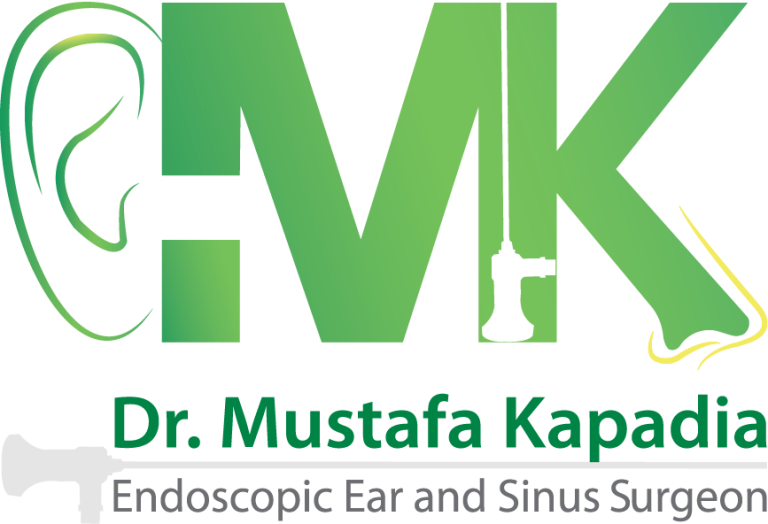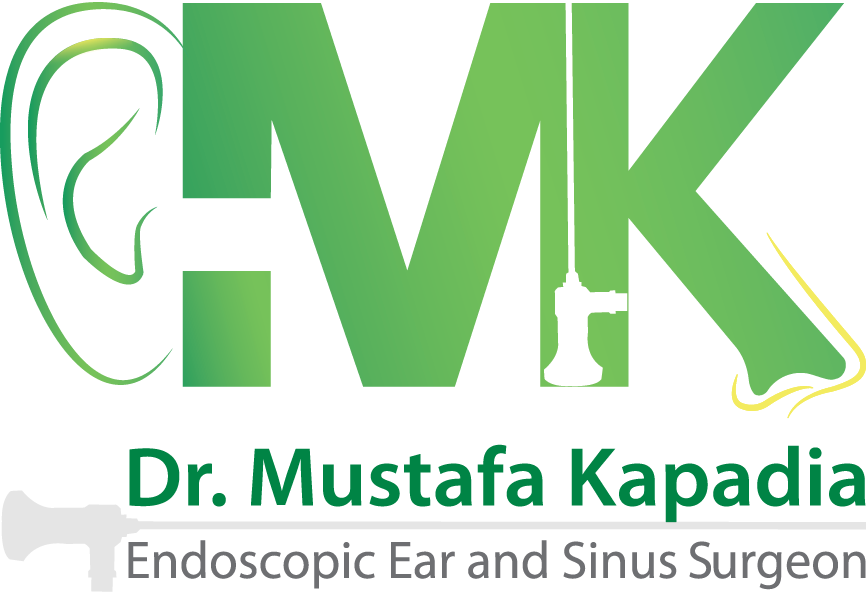Hearing loss Treatment in Dubai
What is hearing loss?
Hearing loss can affect one or both ears and can range from minor to severe. Hearing impairment, deafness, or hearing loss refers to the inability to hear sounds completely or partially.
According to the National Institute on Deafness and Other Communication Disorders (NIDCD), around 25% of people aged 65 to 74 have hearing loss.
Symptoms:
Hearing loss can manifest itself in a variety of ways, including:
• Speech and other sounds are muffled.
• Words are difficult to understand, especially when there is background noise or when there is a crowd.
• Consonants are difficult to hear.
• requesting that people speak more slowly, clearly, and loudly regularly
• Turning up the volume on the television or the radio
• Exclusion from discussions
• Avoidance of certain social situations
When to see a doctor ?
If you have a sudden loss of hearing, especially in one ear, get medical help right once.
If hearing loss is interfering with your everyday life, speak with your doctor. Hearing loss due to age happens gradually, so you may not notice it at first.
Causes:
It might be helpful to first understand how you hear to comprehend how hearing loss happens.
How do you hear things ?
The outer ear, middle ear, and inner ear are the three primary parts of your ear. Sound waves go through the outer ear and generate eardrum vibrations. The vibrations are amplified as they travel to the inner ear via the eardrum and three tiny bones of the middle ear. In the inner ear, vibrations travel through fluid in a snail-shaped structure (cochlea).
Thousands of microscopic hairs attached to nerve cells in the cochlea help convert sound vibrations into electrical impulses that are sent to your brain. These impulses are converted into sound by your brain.
How does hearing loss happen?
- Hearing loss can be caused by a variety of factors, including:
• Outer ear causes: Ear wax impaction, Otitis external, Exostosis, growth or mass in the outer ear canal
• Middle ear causes: Middle ear infection (Otitis Media), Ear drum perforation, Glue ear (serous otitis media), Cholesteatoma, Otosclerosis, Middle Ear ossicles malformation, mass or tumour in the middle ear cavity
• Inner ear causes: Age related hearing loss (Presbycusis), Inner ear infection (Labyrinthitis), congenital inner ear abnormalities, Noise induced hearing loss, 8th CN tumour/ mass, etc.
Complications:
- Hearing loss may drastically reduce your quality of life. Depressed sentiments have been reported by older individuals with hearing loss. Some people have feelings of isolation as a result of their hearing loss, which makes conversation difficult. Hearing loss has also been linked to cognitive decline and disability.
Hearing loss, cognitive decline, sadness, and loneliness all have mechanisms that are being investigated. According to preliminary studies, correcting hearing loss can improve cognitive performance, particularly memory.
Treatment:
- There is assistance available if you have a hearing impairment. The type of treatment you receive is determined by the origin and degree of your hearing loss.
Among the possibilities are:
Getting rid of a wax clog
- Hearing loss is caused by earwax obstruction, which is reversible. A suction or a tiny instrument with a loop on the end may be used by your doctor to remove earwax.
Surgical techniques
- Some kinds of hearing loss, such as anomalies of the eardrum or hearing bones, can be corrected with surgery. Your doctor may implant tiny tubes to help your ears drain if you’ve had recurring infections with persistent fluid.
Hearing aids
- A hearing aid can assist if your hearing loss is caused by injury to your inner ear. An audiologist may talk to you about the advantages of wearing a hearing aid and fit you with one. Due to the fit and features available, open fit aids are now the most popular.
Cochlear implants
- A cochlear implant may be a possibility if you have more severe hearing loss and find that traditional hearing aids are ineffective. Unlike a hearing aid, which amplifies sound and sends it into the ear canal, a cochlear implant bypasses damaged or non-functioning inner ear components and stimulates the hearing nerve directly. The dangers and advantages can be discussed with an audiologist and an Otologists.

